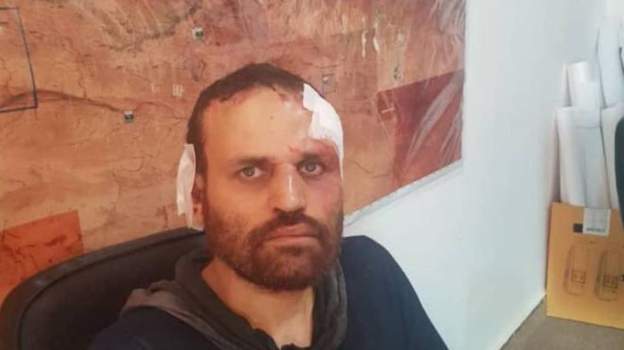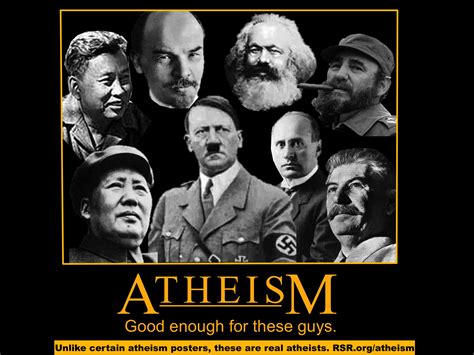
Remembering Bruce Mayrock as ‘Biafrans’ reminiscence the war, By Jasper Nwokedi
OPINION: Remembering Bruce Mayrock as ‘Biafrans’ reminiscence the war
By Jasper Nwokedi
In faraway Southern America in Columbia, Columbia University precisely at about this time on June 2nd 1969, a twenty-year old student, Bruce Mayrock immolated himself.
The student at the School of General Studies who was also a part-time sports photographer for the Columbia Daily Spectator, doused himself with flammable liquid and set himself on fire in protest of a bloody war in West Africa, Nigeria. It was the Nigerian Civil War or Biafran War fought between the Nigerian Government and a secessionist region of the South-Eastern part who wanted an independent state of Biafra. The media had been saturated with photos and clips of the war: the pictures of starving and malnourished Biafran women and children; photos of military bombardment of Biafran cities by a more sophisticated weaponry of the Nigerian and allied forces. The war broke out on July 6th, 1967 after the Biafran leader, Chukwuemeka Odumegwu Ojukwu declared a separate state of Biafra from Nigeria. The government of Nigeria deployed soldiers to force the ‘rebellious’ Biafrans to surrender and reintegrate them in one Nigeria. Killing and destruction of property was high in the South-East, Nigeria. But the Biafrans refused to surrender until 15th January, 1970, three years in the war. More than 3 million Biafrans were recorded to have died in the war.

Bruce Mayrock self immolation on June 2nd 1969
On Friday June 2nd, 1969, Mayrock killed himself in front of the United Nations Building to protest the war in Biafra. Columbia University Library account quoted witnesses, to have said that the student, “who enrolled in GS last January doused himself with a flammable liquid shortly before 3 p.m. Thursday and set himself afire 1 on the lawn outside the U.N. building. Two United Nations guards spotted the flames and chased the youth across the lawn with fire extinguishers. But Mayrock eluded the guards, racing in front of the North Lounge of the building before several hundred horrified delegates and onlookers. The student finally fell to his knees beside a statue bearing the Biblical inscription “Let us beat our swords into plowshares and the guards extinguished the flames. Mayrock was rushed to Bellevue Hospital where he was listed in critical condition with burns over most of his body and was pronounced dead shortly after midnight. At the U.N., guards found a large cardboard sign on the front lawn which said, “You must stop the genocide–please save 9 million Biafrans.” At the bottom of the sign, a quotation read, “Peace is where there is an absence of fear of any kind.”
“Mayrock, who lived in Westbury, L.1., enrolled in GS and the Jewish Theological Seminary in September, 1967, but dropped out after one year and studied briefly at Hofstra University. He re-enrolled at GS last January. While at Columbia, Mayrock worked as a photographer for the Spectator sports department. Members of the youth’s family stated Friday that he had worked’ actively to protest the war in Biafra, writing letters about the war to the President and leading government figures. However, according to one rabbi, ‘ who said he was close to the family, the student believed that “no one was listening.” “He was an idealistic young man deeply upset by the events in Biafra,” the rabbi said. “People were being killed and he felt no one was doing anything. That’s why he did what he did.”
It is now 53 years after the war started and 50 years after it ended. But the issues that led to the war have remained unsolved. Mayrock attracted the world’s attention to the need for peace. “The student finally fell to his knees beside a statue bearing the Biblical inscription “Let us beat our swords into plowshares” and the guards extinguished the flames. As Biafrans remember their struggles and their identity, it is equally pertinent to remember Bruce Mayrock.




Recent Comments